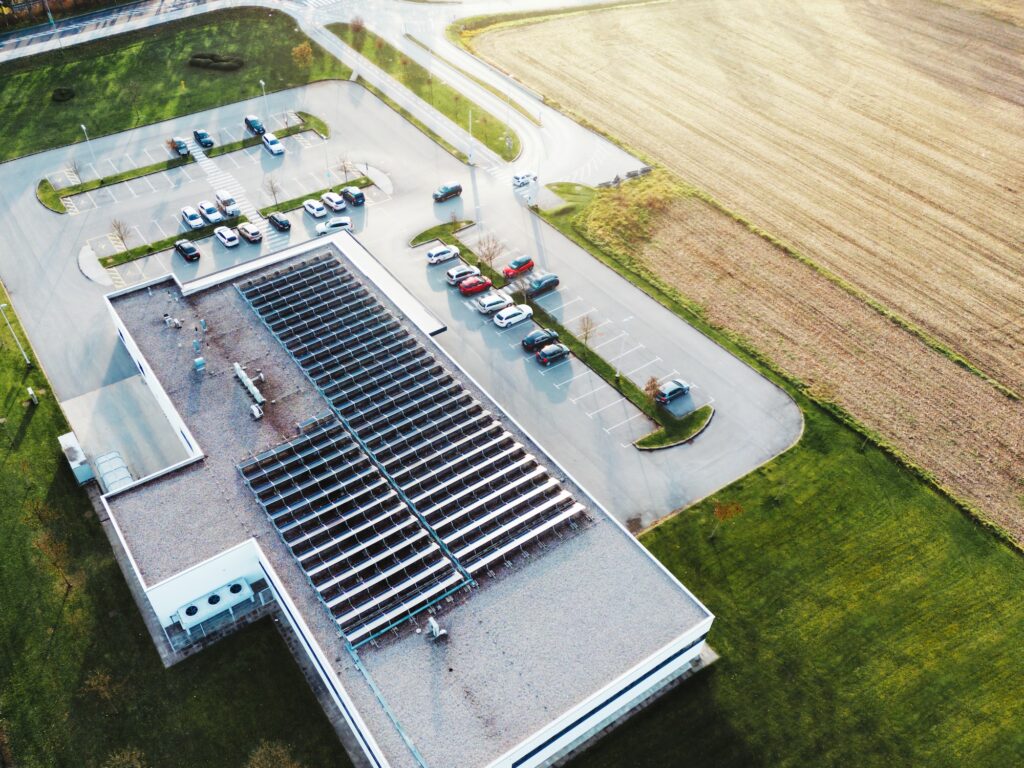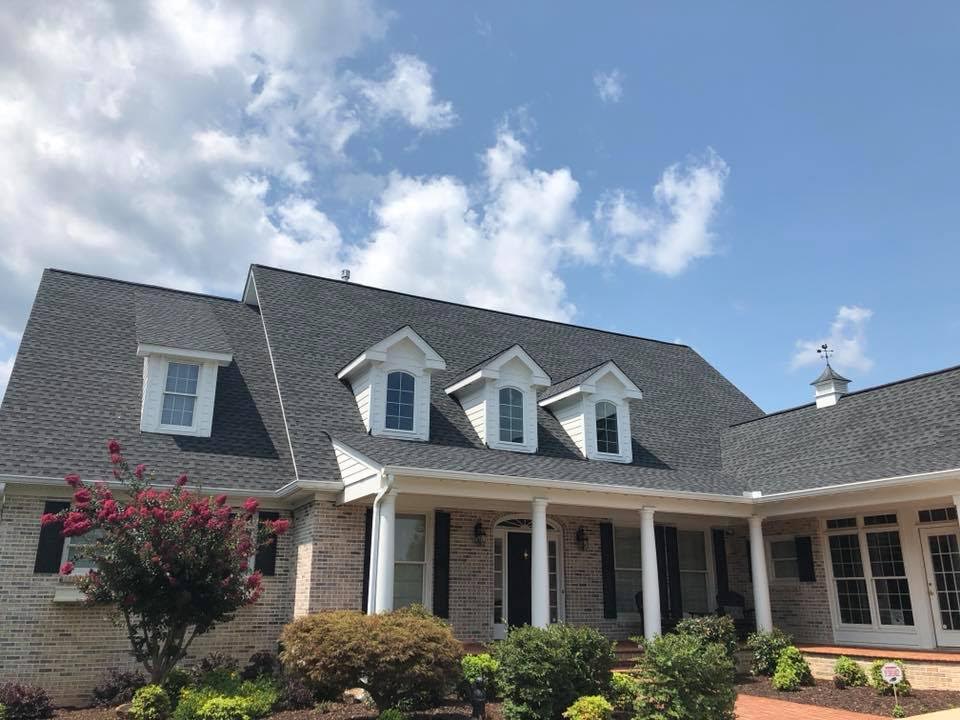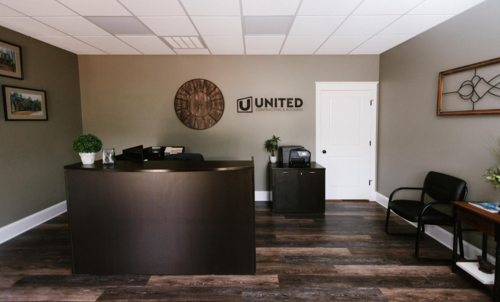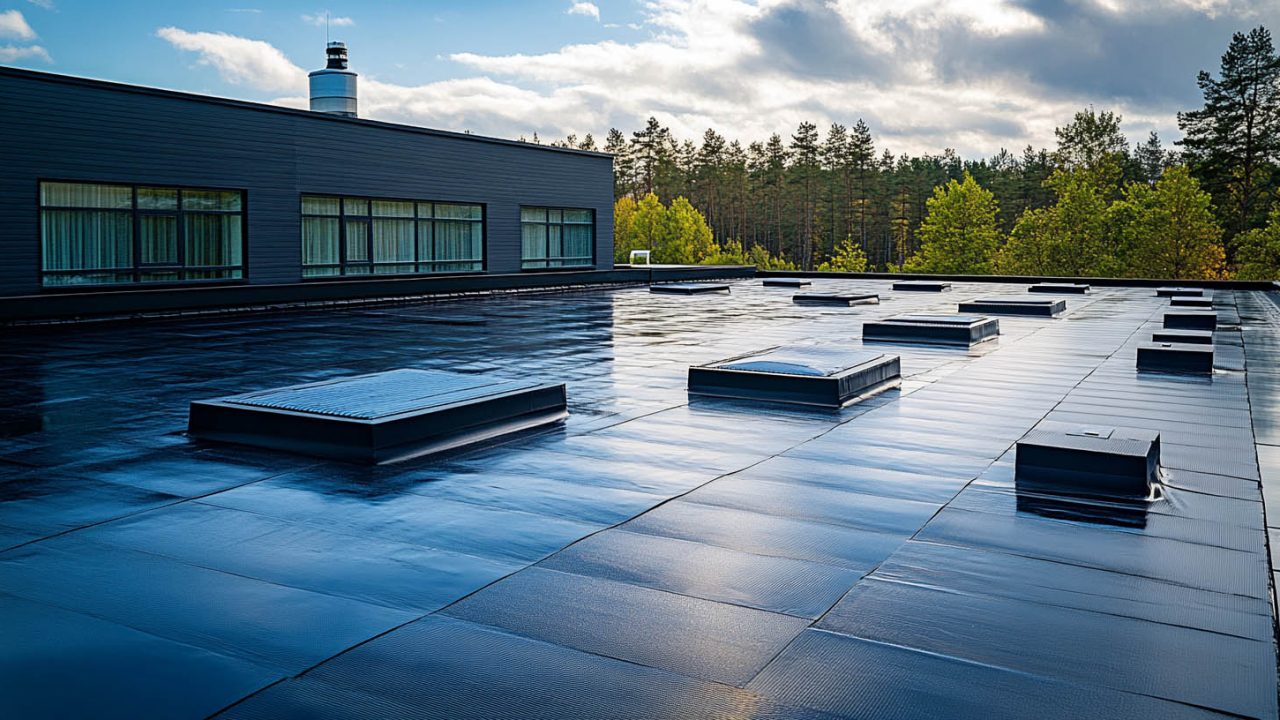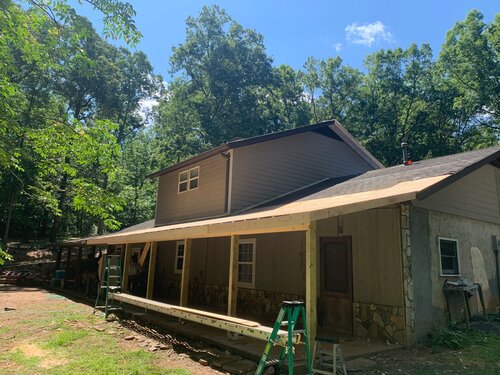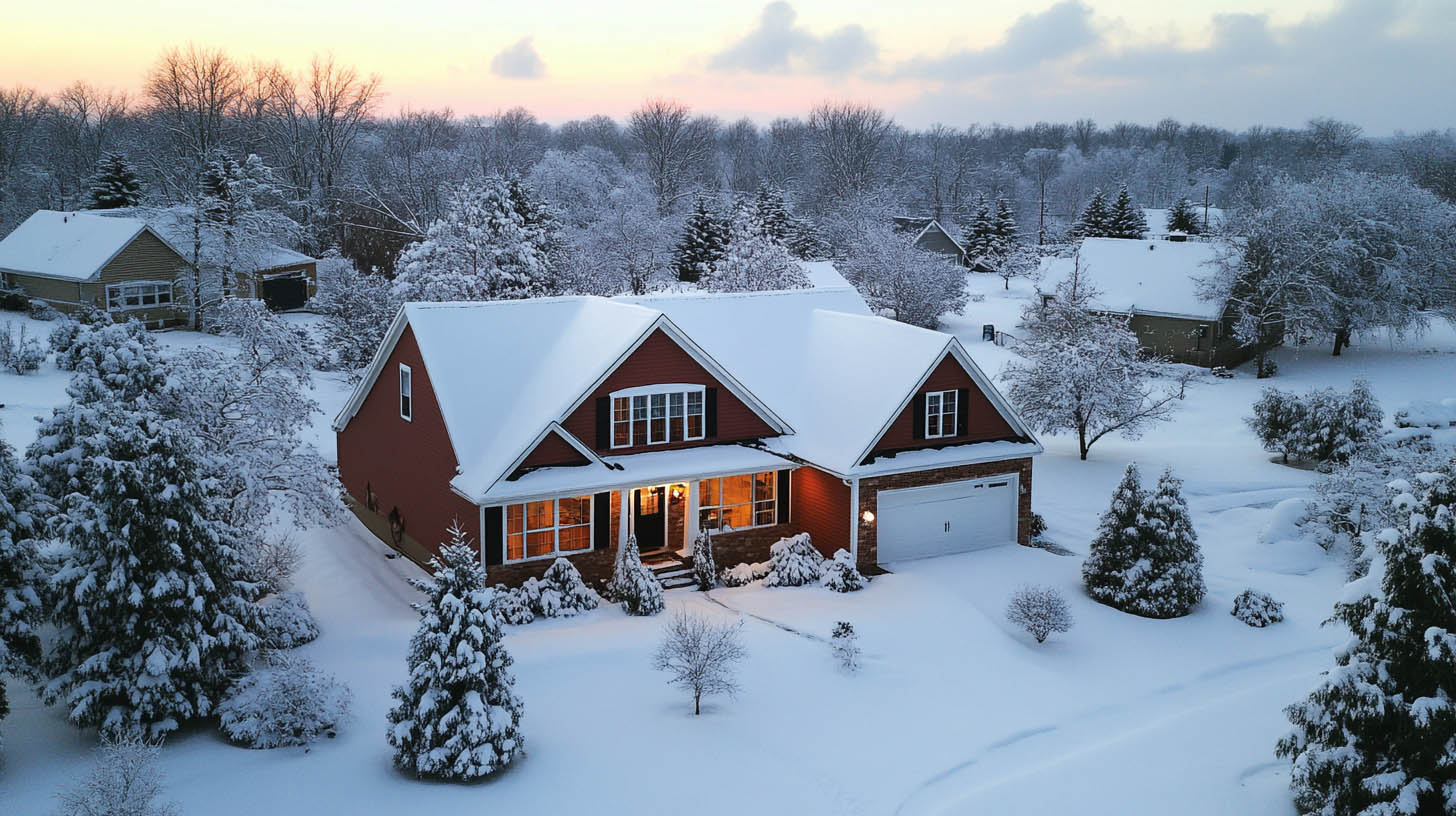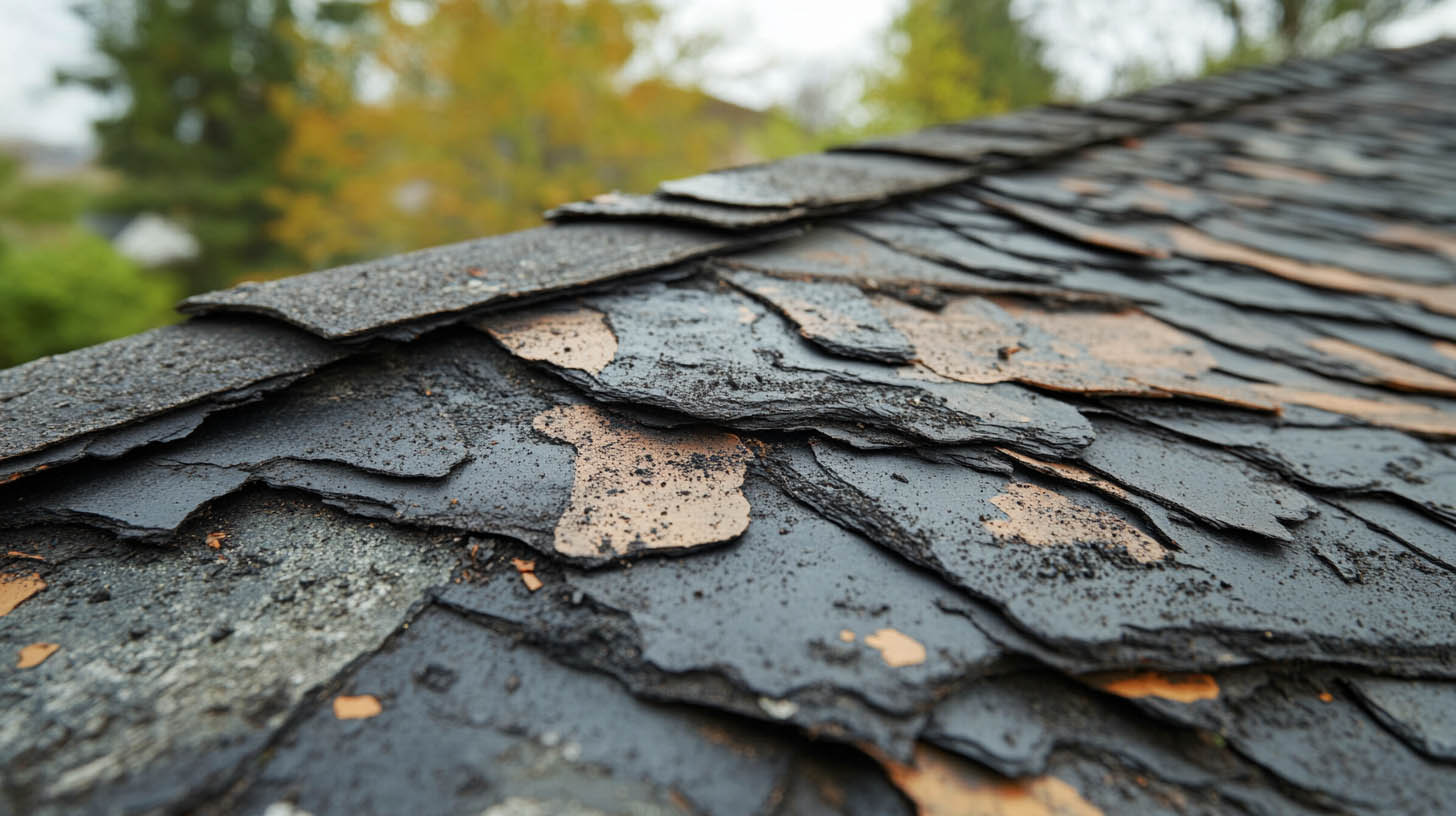Thermoplastic polyolefin (TPO) is a type of single-ply roofing material for flat and low-slope commercial roofs. Known for its energy efficiency and flexibility, TPO has become increasingly popular in commercial roofing applications over the last 30 years. United Contracting & Roofing LLC provides expert installation and maintenance services for TPO roofing systems. Here are the top pros and cons to consider when thinking about TPO for your commercial roofing system.
Pro: TPO is Flexible
One of the primary advantages of TPO is its flexibility. It is more flexible than other single-ply materials, including EPDM and PVC, making it easier to install around pipes, vents, and other rooftop structures. TPO’s flexibility also gives it better weather resistance, as it can expand and contract without tearing in both hot and cold temperatures. This leads to better durability and lower maintenance needs.
Con: Not All Materials Are Equal
Since TPO is a newer roofing material, it’s essential to use a reputable manufacturer to ensure you’re getting a high-quality product. Not all TPO roofing products are made to the same standards, which means you could end up with a lower-quality material. By working with an experienced roofer who uses high-quality products from trusted brands, you can ensure a TPO roof that lasts. Partnering with a knowledgeable contractor helps guarantee proper installation and access to reliable TPO materials, providing peace of mind and long-term performance for your commercial roofing system.
Pro: A TPO Commercial Roof is Energy-Efficient
TPO offers excellent energy benefits for commercial buildings. It is known as a “cool roof” because it reflects ultraviolet (UV) rays from the sun, keeping the building and roofing system cooler. This reflective property helps control energy costs in your commercial property by reducing the need for air conditioning, ultimately lowering utility bills. Additionally, the reduced heat absorption makes the roof less susceptible to heat-related damage, which can shorten its lifespan. By maintaining a cooler temperature, TPO roofing not only enhances energy efficiency but also prolongs the durability and performance of the roofing system.
Con: May Be Prone to Leaks
TPO tends to come in smaller rolls, resulting in more seams, which means more potential for leaks when the roof is damaged. However, if installed by an experienced commercial roofer, the potential for leaks can be minimized. Regular inspections and maintenance are also crucial to ensure the seams of your flat roof remain in good shape, preventing water damage. By routinely checking and maintaining the integrity of the seams, you can extend the lifespan of your TPO roof and ensure it continues to provide reliable protection against the elements. Proper installation and diligent upkeep are key to maximizing the performance and durability of TPO roofing systems.
Pro: Easy to Keep Clean
TPO is relatively simple to clean and maintain. To reduce debris buildup and keep it clean, use a non-abrasive cleaner and a pressure washer set to the lowest setting. Clean with a gentle scrub brush, and then rinse. TPO is available in neutral colors, which can help create a cleaner, neater look for buildings when properly maintained. It may also be available in darker shades to fit your building’s aesthetic.
Conclusion: Is a TPO Commercial Roof the Right Choice?
Several options are available for your commercial roofing material, but is TPO the right decision for your property? United Contracting & Roofing LLC can help you decide if TPO is the best material for your building’s roof. Contact us today to book an estimate and learn more about TPO roofing systems. To explore the Roof Maintenance Tips for Hotel Owners, click here.

